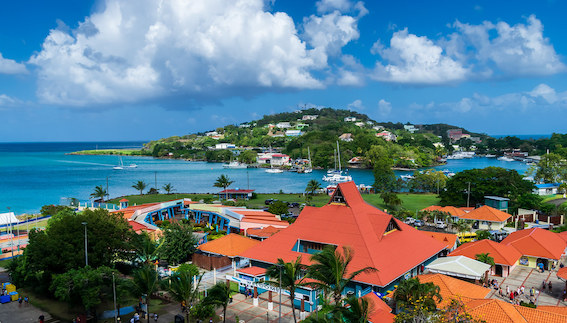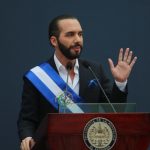
Ten pioneering initiatives from around the world were honoured by the UN, including a flagship project from St. Lucia that aims to scale up ridge-to-reef restoration of distinctive ecosystems and harness blue economic growth to aid island people in recovering from the COVID-19 pandemic.
The UN said the project classified as the “Small Island Developing States Restoration Drive,” focused on three small island developing states, St. Lucia, Vanuatu, and Comoros.
According to the report, one of the project’s objectives is to ease the strain on fish stocks by reducing pressure on coral reefs, which are susceptible to storm damage. Forests, mangroves, and seagrass beds are other ecosystems undergoing restoration.
The programmes have been designated as World Restoration Flagships and are qualified to receive UN-sponsored promotion, counsel, or money. They were chosen as part of the UN Decade on Ecosystem Restoration, an international initiative coordinated by the UN Environment Programme (UNEP) and the UN Food and Agriculture Organization (FAO). It is intended to stop and stop the global deterioration of natural areas.
The ten major projects, according to the UN, seek to rehabilitate more than 68 million hectares of land and generate close to 15 million jobs.
In announcing the World Restoration Flagships, the UN Decade aspires to honour the best instances of large-scale and long-term ecosystem restoration, embodying the ten Restoration Principles of the UN Decade on Ecosystem Restoration.
The UN Decade recognises the length of time required for restoration efforts to bear fruit. Regular requests for World Restoration Flagships will be issued through 2030.
In the expectation of increasing funding to the UN Decade’s Multi-Partner Trust Fund (MPTF), additional submissions are being evaluated, including restoration drives from Pakistan, and Peru, and a programme focusing on Somalia and other drought-affected countries.
The other successful projects are from Abu Dhabi, China, Africa, India, Central America, and Indonesia.





